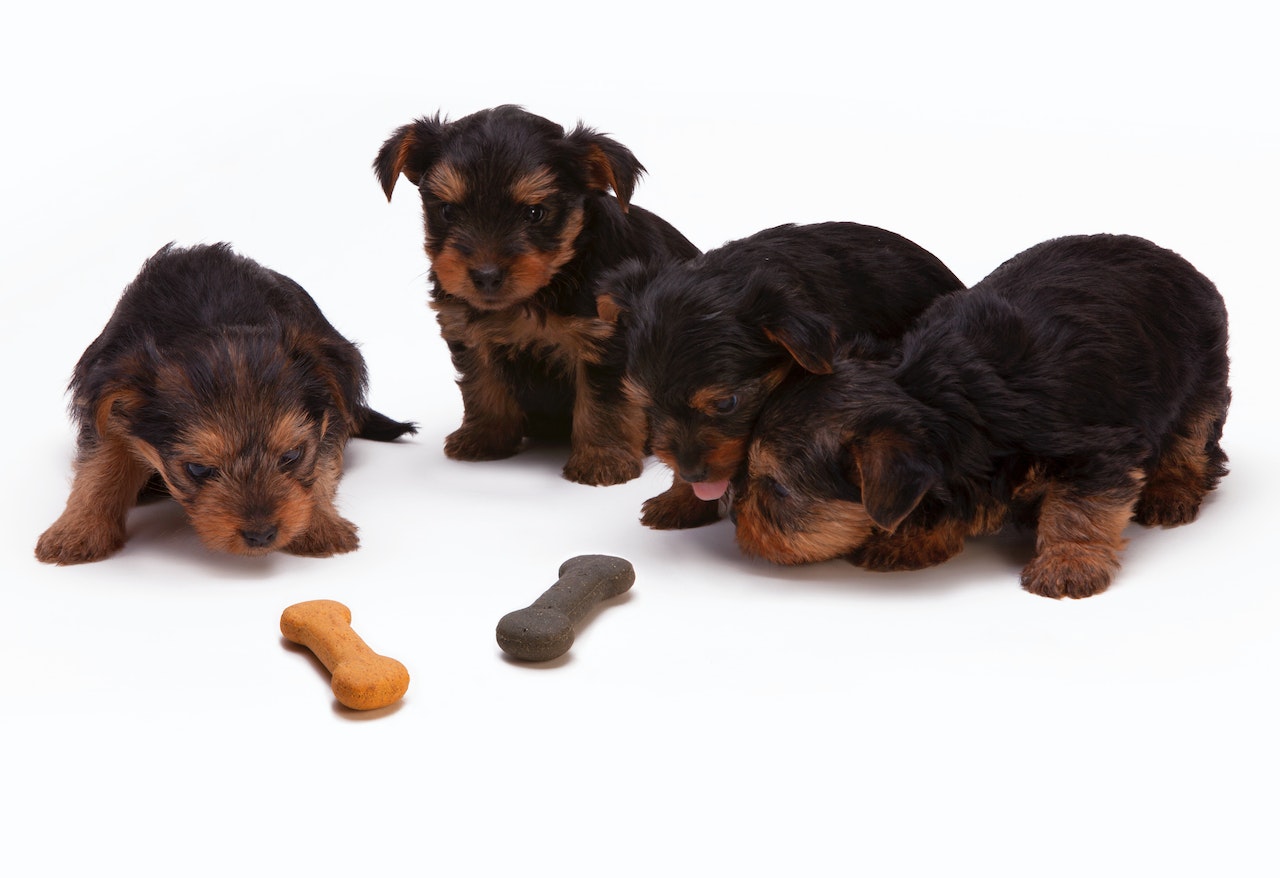A healthy gut is vital for the overall well-being of our canine companions. Just like humans, dogs can experience digestive issues that impact their quality of life. To ensure a happy tummy for your furry friend, it’s essential to focus on nurturing their gut health. In this blog post, we will delve into the topic of dog gut health, providing essential tips and insights to promote optimal digestion and overall wellness. Additionally, we will introduce you to the expertise of Alta Vista Animal Hospital, a trusted institution known for providing exceptional care and guidance for all your pet’s needs.
Understanding Dog Gut Health
The gut, also known as the gastrointestinal tract, plays a crucial role in a dog’s overall health. It is responsible for digestion, absorption of nutrients, and immune function. A healthy gut contributes to improved nutrient absorption, a strong immune system, and better overall vitality. On the other hand, an unhealthy gut can lead to digestive problems, nutrient deficiencies, and a compromised immune system.
7 Tips for Nurturing Dog Gut Health
1. High-Quality Nutrition: Providing a balanced and nutritious dog diet is the foundation of good gut health. Opt for high-quality dog food that contains easily digestible ingredients, essential vitamins, and minerals. Look for options that include prebiotics and probiotics, which support a healthy gut microbiome.
2. Probiotic Supplements: Introducing probiotic supplements can help promote a healthy balance of beneficial bacteria in your dog’s gut. These supplements can aid in digestion and support a robust immune system. Consult with your veterinarian to determine the right probiotic for your dog’s specific needs.
3. Fiber-Rich Foods: Incorporating fiber-rich foods into your dog’s diet can help regulate their digestive system. Vegetables like pumpkin, sweet potatoes, and green beans are excellent sources of fiber and can promote healthy bowel movements. However, it’s important to introduce fiber gradually and monitor your dog’s response.
4. Hydration: Adequate water intake is essential for a healthy digestive system. Ensure your dog has access to fresh, clean water at all times. Staying hydrated helps maintain proper digestion and prevents constipation.
5. Avoid Harmful Foods: Certain foods can be harmful to your dog’s gut and overall health. Avoid feeding them foods like chocolate, onions, grapes, raisins, and anything containing artificial sweeteners. These items can cause digestive upset and potentially lead to more serious health issues.
6. Regular Exercise: Regular physical activity is not only crucial for your dog’s overall fitness but also for their digestive health. Exercise stimulates the digestive system, aids in bowel movement, and helps prevent constipation. Engage your dog in daily walks, play sessions, or interactive games to keep them active and their gut functioning optimally.
7. Routine Veterinary Care: Regular check-ups and veterinary care are essential for monitoring and maintaining your dog’s gut health. Professional expertise, such as that provided by Alta Vista Animal Hospital, can offer valuable insights and personalized recommendations based on your dog’s unique needs.
Also read: A Brief Guide on How to Train a Dog | A Must-Read for Dog Parents
When it comes to the health and well-being of your beloved furry friend, seeking expert veterinary care is paramount. Alta Vista Animal Hospital, the best pet clinic in Vancouver staffed by a team of dedicated professionals who specialize in providing exceptional care for pets. Their expertise extends to various aspects of dog health, including gut health and digestion.
At Alta Vista Animal Hospital, you can find guidance and support from experienced veterinarians and staff members who understand the unique needs of dogs. They can provide personalized advice, conduct thorough examinations, and recommend appropriate diagnostic tests if needed.
Also read: How to calm a panting dog?




